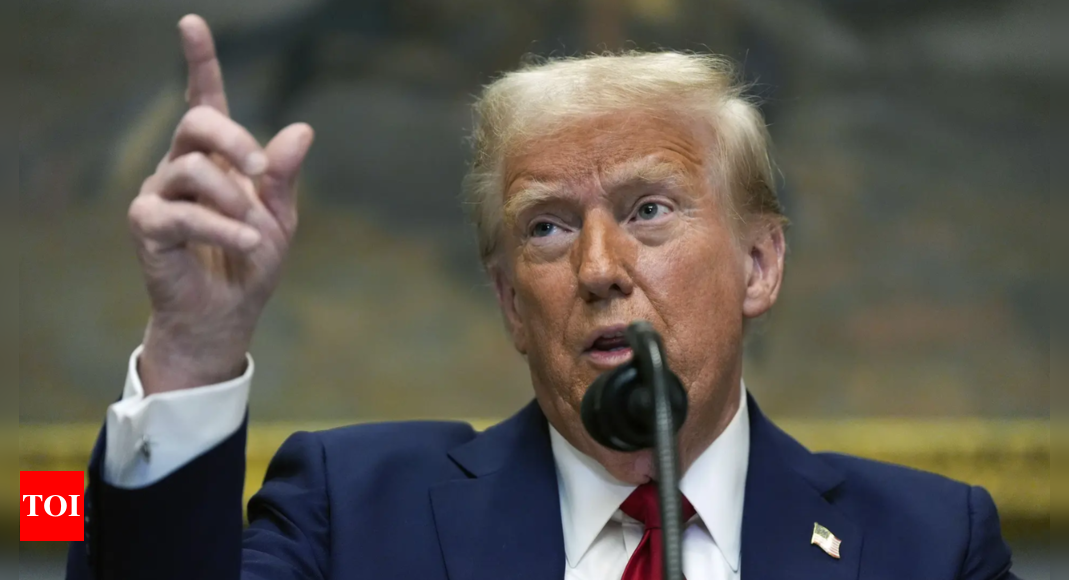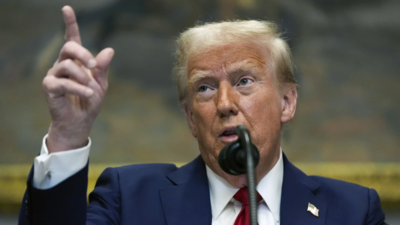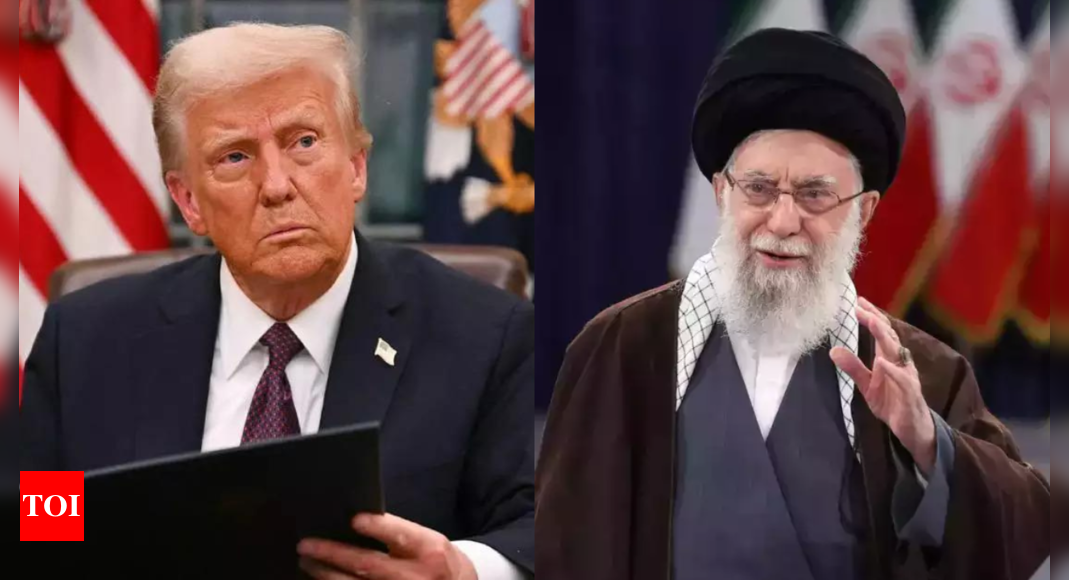US President Donald Trump‘s administration asked the Supreme Court on Friday to resume deportations of Venezuelan migrants to El Salvador under the rarely invoked 18th-century Alien Enemies Act, while ongoing legal battles continue. The emergency appeal follows a rejection by the federal appeals court in Washington, which upheld a temporary order blocking the deportations.
A panel of appellate judges, in a 2-1 vote, refused to lift the restriction imposed by US district judge James E Boasberg. Boasberg’s order had temporarily halted deportations under President Donald Trump’s proclamation, which designated the Tren de Aragua gang as an “invading force” and sought to expel hundreds of Venezuelan nationals.
Legal battle intensifies
The justice department, in its appeal, argued that federal courts should not interfere with sensitive diplomatic negotiations and insisted that detained migrants should challenge their deportation cases in Texas, where they are being held. Acting solicitor general Sarah Harris emphasised the administration’s national security concerns in court filings.
“Here, the district court’s orders have rebuffed the President’s judgments as to how to protect the Nation against foreign terrorist organisations and risk debilitating effects for delicate foreign negotiations,” Harris wrote.
The American civil liberties union (ACLU) filed a lawsuit on behalf of five Venezuelan non-citizens detained in Texas, challenging their deportation. The Supreme Court has set a Tuesday deadline for the ACLU to submit its response.
Judicial resistance and political fallout
Boasberg’s ruling prevented the deportation of planeloads of Venezuelan migrants and required them to be returned to the US, though the administration did not comply. The judge has vowed to investigate whether the government defied his order.
The administration has invoked “state secrets privilege” to withhold additional information about the deportations from the court. This legal move has further escalated tensions between the White House and the federal judiciary.
Trump and his allies have called for Boasberg’s impeachment over the ruling. In response, chief justice John Roberts issued a rare public statement, asserting that “impeachment is not an appropriate response to disagreement concerning a judicial decision.”
Alien Enemies Act and constitutional concerns
The Alien Enemies Act, last used during World War II, allows non-citizens to be deported without the opportunity for a hearing before an immigration or federal judge. However, Boasberg’s ruling mandated that individuals facing deportation must be given the chance to challenge their classification as alleged gang members.
“There is a strong public interest in preventing the mistaken deportation of people based on categories they have no right to challenge,” Boasberg wrote in his decision.
As the Supreme Court weighs the emergency appeal, the case continues to be a flashpoint in the broader debate over immigration policy and executive authority










